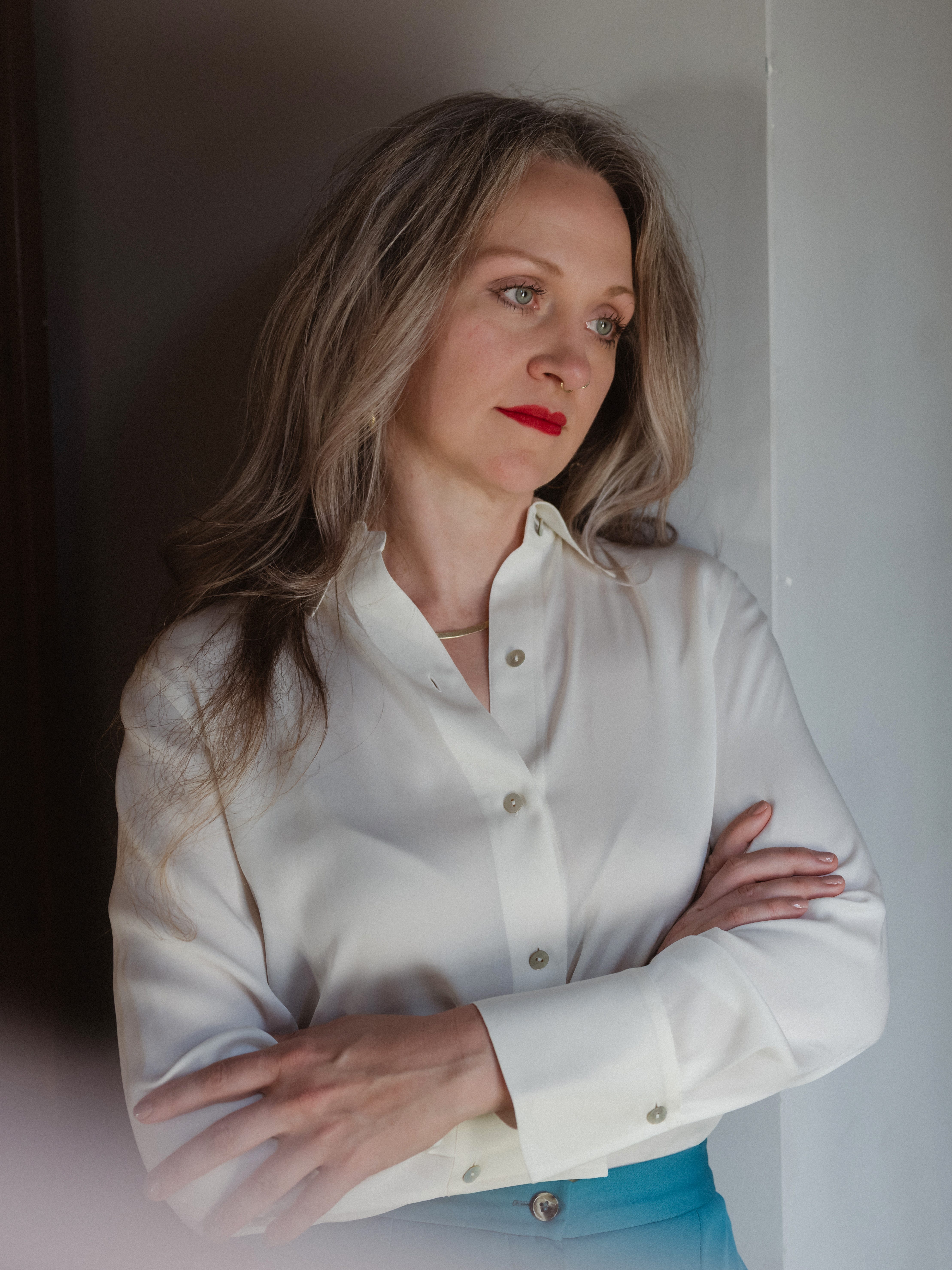
Joanna Kulesza for BI
When one of my relatives asked for a $1,000 loan, I felt two emotions immediately: guilt and dread.
Guilt because I had more financial resources than they did — I’m a millionaire who has worked in finance for decades. Dread because I’ve seen, both professionally and personally, how quickly money can complicate even the best of relationships.
As a financial planner professional turned financial therapist, I specialize in wealth alignment — helping ultra-high-net-worth individuals and couples transform money from a source of stress into one of connection, impact, and lasting fulfillment.
Still, this situation brought me face-to-face with the very thing I help others navigate: the emotional land mines of lending money to family.
I approached the ask like a financial planner — and a therapist
In reality, a $1,000 loan wasn’t going to break me, and it was something that could help my family member significantly when they asked for it in 2018. If I were going to help them, I knew that I wanted to protect our relationship.
First, we formalized the loan. We agreed to monthly interest-only payments of $100, with the principal due three months after the initial payment. Although it may seem overly formal to some, I asked my relative to sign the paperwork outlining the repayment terms we had agreed upon. I’ve seen too many family rifts erupt when expectations aren’t clearly spelled out.

Joanna Kulesza for BI
Second, I made a private mental shift: I decided to treat the loan as a gift. I didn’t tell my family member this; it was something I did for myself. That way, if they never paid me back, I wouldn’t hold any resentment.
What I didn’t do was address another uncomfortable feeling: the fear that I might be enabling unhealthy behavior. I was afraid that giving them money — even as a loan — might be more harmful than helpful. But at the time, I was too caught up in guilt about our financial disparity to be honest about that, even with myself.
Things went well until they didn’t
The first month, my relative made the monthly interest payment as agreed. Then, there was silence. The payments just stopped. I followed up a couple of times via text, but there was no reply.
Because I’d framed it as a gift in my head, I stopped pushing. Months passed. I wasn’t particularly worried because it followed the typical cadence of our relationship; occasional texts with weeks, if not months, of silence in between. We didn’t have the type of relationship where we often spent time together.

Joanna Kulesza for BI
A year later, I reached out again. That’s when I finally heard back.
They apologized and said they had been going through some personal issues. Then, they told me when they’d repay me, and followed through this time. Later, they explained why they didn’t reply, saying they had felt so much shame.
In my work today, I often see clients experiencing feelings of shame around money. Having it, not having it, needing it, wanting it, resenting it — all of these stir up complex emotions.
I realized I’d sent mixed signals
Looking back, I realized something powerful: I’d said it was a gift in my mind, but I acted like it was a loan. That contradiction created confusion. If I had been clearer and more emotionally honest from the beginning, we could’ve avoided months of silence and perhaps reduced their emotional strain.
I now guide my clients, many of whom are 8- to 12-figure wealth holders, to get clear about why they want to lend money, not just whether it’s within their capacity.

Joanna Kulesza for Businses Insider
There’s always the stated reason: “I want to help.” But beneath that, there are often unexamined emotions such as guilt, fear, or unresolved family dynamics. When we don’t name those, our actions often send mixed messages — and create unnecessary harm.
The key takeaway is that if you’re lending money to someone you love, deal with your own emotions first. Unspoken guilt or shame doesn’t go away; it just hides in the fine print. And in relationships, that’s where real damage happens.
My relative and I have moved on
For years, when recalling our exchange, I remembered the number incorrectly and thought it was $10,000, rather than $1,000 that I had loaned. It wasn’t about the amount of money to me, it was the principle of everything the money stirred up.
This was seven years ago; today, my relative and I are in a good place. We text and talk occasionally and know we can reach out to each other for help or support when needed. After they repaid in full, we haven’t discussed making any other loans between us.
Read the original article on Business Insider
The post I’m a millionaire and had a rift with a family member over a $1,000 loan. It wasn’t about the money. appeared first on Business Insider.




